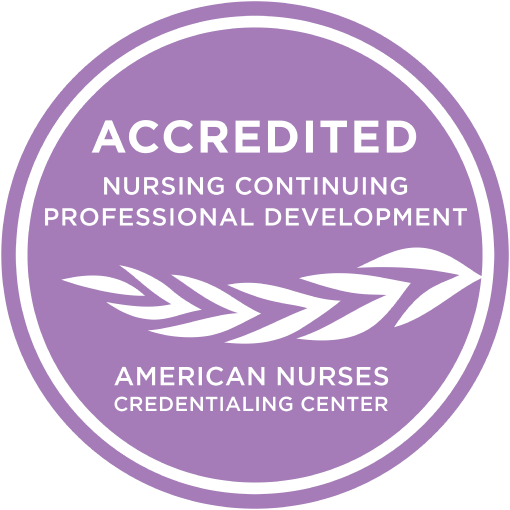West Virginia Drug Diversion
Contact Hours: 3
Course Overview
In 2018, West Virginia had not only the highest opioid-related death rate in the nation, but also the highest synthetic opioid-related death rate (46). In 2019, West Virginia ranked in the top 10 for opioid dispensing rates, with a rate of 59.4 per 100 persons being prescribed an opioid (10), which is well above the national average of 46.7 per 100 (9). While this number has consistently decreased since 2006, the number of individuals in West Virginia affected by addiction and overdose remains high (30).
In an effort to address these concerns, the West Virginia Board of Nursing requires annual education for nurses who prescribe, administer, or dispense controlled substances (45). This West Virginia Drug Diversion course will address issues concerning the opioid crisis, including best practices for prescribing controlled substances, managing patients who divert, behaviors associated with drug-seeking and substance use disorders, providing patient education on opioid use, storage, disposal, and reversal agents, as well as use of the West Virginia Controlled Substance Automated Prescription Program (CSAPP).
Course Outline
- Introduction
- Epidemiology of Pain
- Substance Use Disorder
- Opioids
- Pain Management Using Opioids
- Addiction Risk Assessment
- Treatment Options and Goals
- Non-Opioid Pain Management
- Ongoing Monitoring
- Referrals
- Treatment Agreements and Informed Consent
- Discontinuing Opioid Therapy
- Patient Education
- Safe Use of Opioids
- Proper Storage and Disposal
- Opioid Antagonists
- Drug-Seeking and Diversion Among Patients
- Drug Diversion Among Nurses
- Prescription Drug Monitoring Programs
- Case Study
- Conclusion
Course Outcomes
After completing this course, the learner will rate 4 out of 5 on the Likert Scale for their ability to:
- Identify best practices in the prescribing of controlled substances.
- Identify behaviors associated with drug-seeking and substance use disorders.
- Describe best practices for managing patients who display drug seeking behaviors and diversion.
- Describe appropriate patient education related to use, storage, and proper disposal of opioid medications, administration of opioid reversal agents, and basics of substance abuse.
- Discuss legal consideration when treating patients prescribed controlled substances.
Accreditations and Approvals

- American Nurses Credentialing Center (ANCC) (P0614)
- California Board of Registered Nursing (CEP 17418)
- Kentucky Board of Nursing (7-0090)
- Louisiana State Board of Nursing (58)
- Florida Board of Nursing (50-23983)
- Delaware Board of Nursing (DE-24-010127)
- Alabama Board of Nursing (#ABNP1577)
- Iowa Board of Nursing (#393)
- Kansas Board of Nursing (LT0340-0325)
Approved by the Board of Nursing in every state, you can complete your RN, LVN, and APRN CEUs with confidence.
Accreditation Statement
Nursing CE Central LLC is accredited as a provider of nursing continuing professional development by the American Nurses Credentialing Center's Commission on Accreditation.
It will take the average learner 180 minutes to complete and awards 3 contact hours of continuing education.
Written For
- Registered Nurses (RN)
- Advanced Practice Registered Nurses (APRN)
- Licensed Practical Nurses (LPN/LVN)
Requirements for Completion
- Enrollment in the course by the learner
- Read and learn all course materials
- Complete the course evaluation
- Attest and testify learning of the course materials
Disclosure of Relevant Financial Relationships
Nursing CE Central nor any of the authors, planners, content experts, or any contributors have any relevant financial relationships with ineligible companies to disclose.
